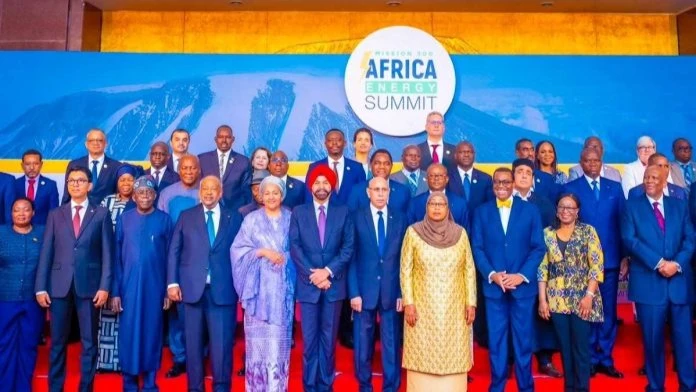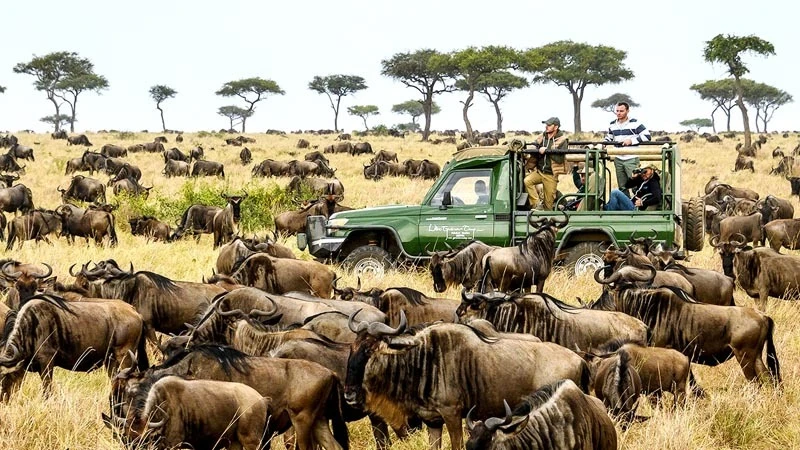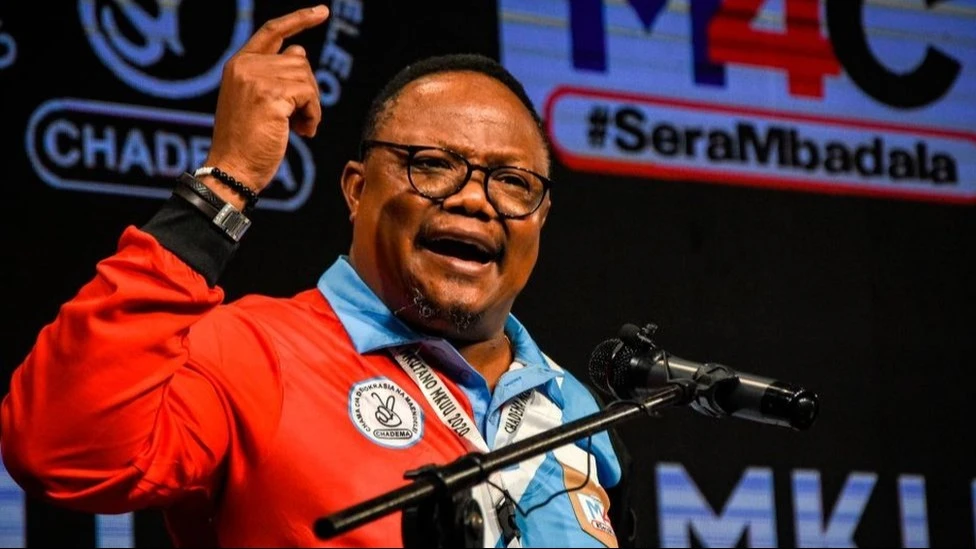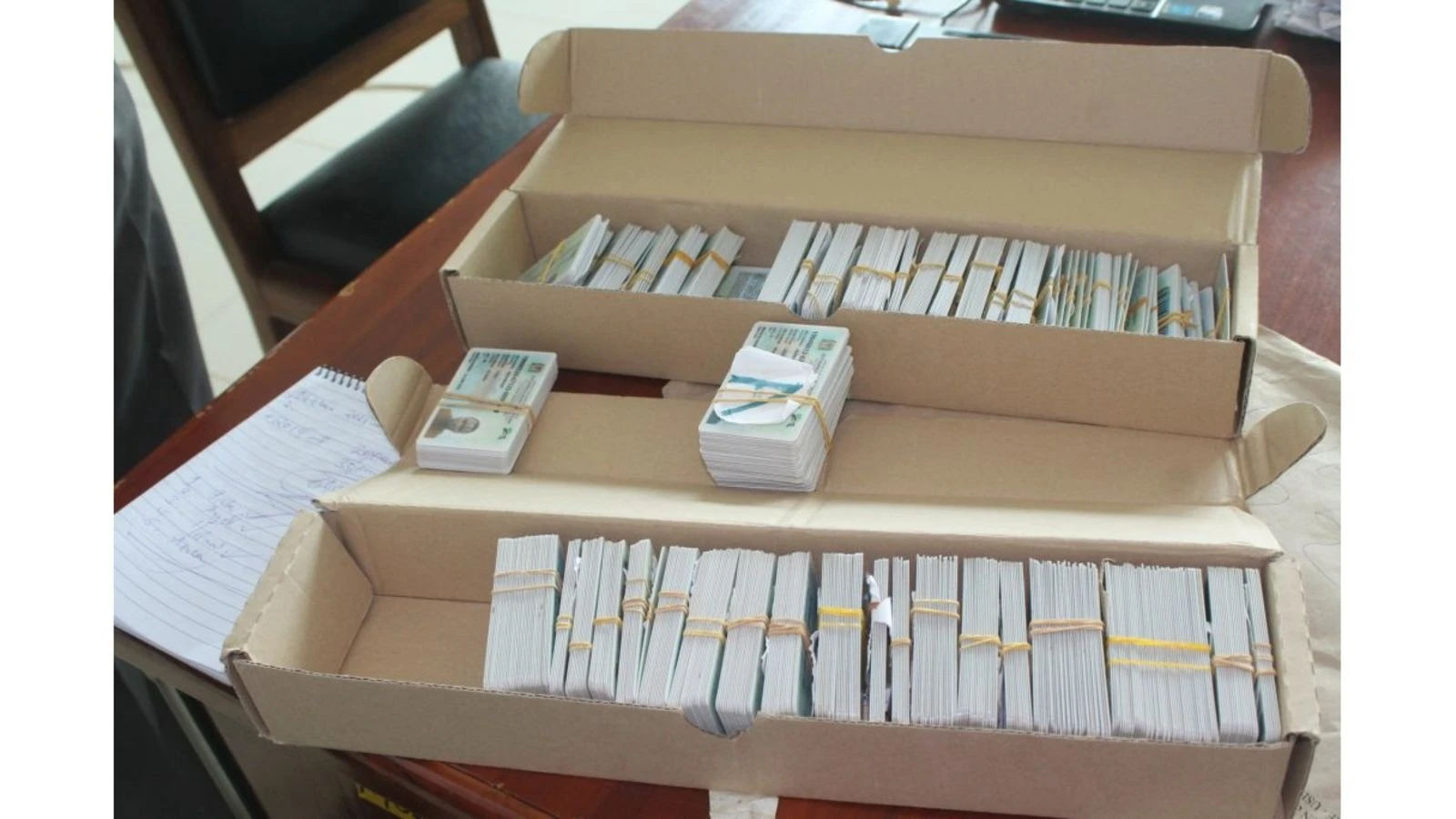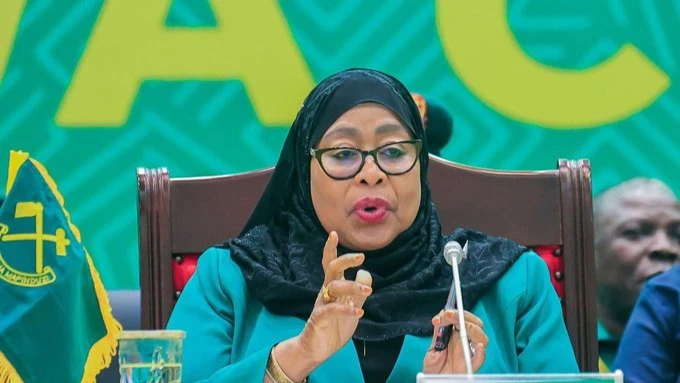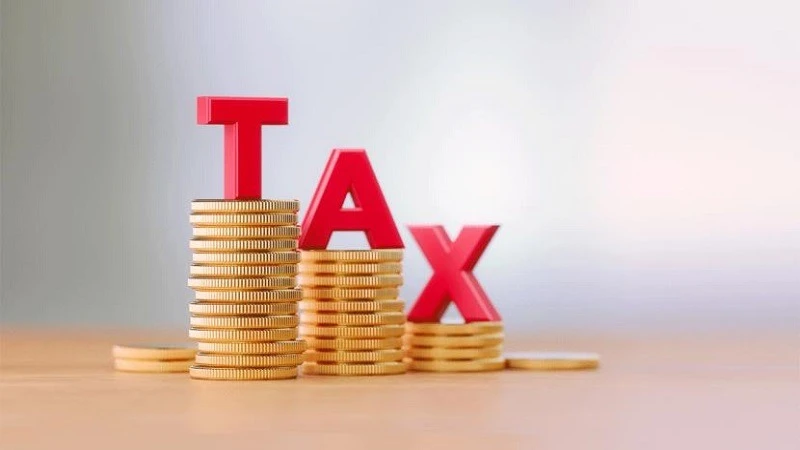Sugar producers’ dialogue, Kariakoo Market lobby still fall short of target
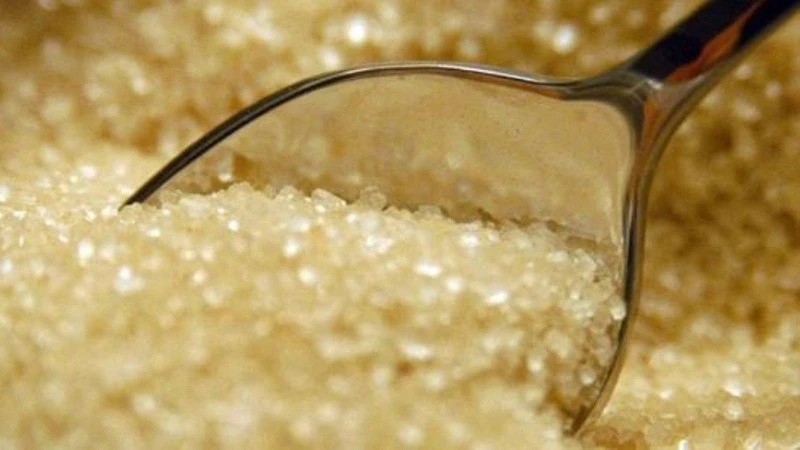
FOLLOWING parliamentary efforts to find clues to forestalling periodic sugar shortages in the country and ‘bell the cat’ without abandoning some crucial prerogatives, there has been an edgy dialogue involving sugar producers and the Planning ministry.
That is in itself a kind of background dialogue as to laying plans on who has the market at what period and in what manner if one goes through the ‘consensus’ reached between sugar producers and the Planning minister.
Whether that will go down well with other authorities whose work is part of implementing decisions announced at the time of the Budget is a different matter, though.
The good news was that investments in the sugar sector has reached 3trn/-in the past few years, which the minister said was a clear indication that policies in the sector are predictable and friendly.
A rapid look at how the dialogue was organised and the terms of reference it proceeded with as reflected in the consensus reported at the end, shows that the sugar producers are walking a tightrope.
There was significant emphasis on the need for reviewing the Sugar Act, 2001 either in line with removing sugar importation from producers (or the Sugar Board of Tanzania) to the National Food Reserve Agency (NFRA) or to make it clear that no sugar is imported if some is still in supply.
Again, there were issues like sugar producers being put to a ‘performance contract’ which those with a track of policy watching know just can’t work.
The market, or competition, compels producers to do their best to survive, while a contract with the government is tied to a least common denominator – a protection pretext.
What is significant about large-scale sugar production projects coming up is that there is an East African market that has never been too captivating as sugar production is cheaper in places like Brazil and it easily floods the regional market.
What is more useful is the African Continental Free Trade Area (AfCFTA) and whether sugar meant for that market can be separated from local demand or sales in order to keep the monopoly system – if only for six months, as the meeting agreed.
That way, sugar would have to be produced in a special economic zone, fully stamped and packed as ‘for export’. It is just imaginary.
The sugar producers appear to be worried about importation in much the same way as Dar es Salaam’s Kariakoo Market wholesalers seem to be worried about other international trade centres in the country’s commercial capital.
This is even as the city has seen immense growth since Kariakoo started becoming a wholesale hub.
While Kariakoo traders are worried about competition from other importers like sugar producers, the latter also need to stand to competition from multitrillion-shilling investment plans, some of which is in shops.
When there is adequate sugar in the local market and for export, plans for a six-month import ban won’t be altogether helpful.
Top Headlines
© 2025 IPPMEDIA.COM. ALL RIGHTS RESERVED










